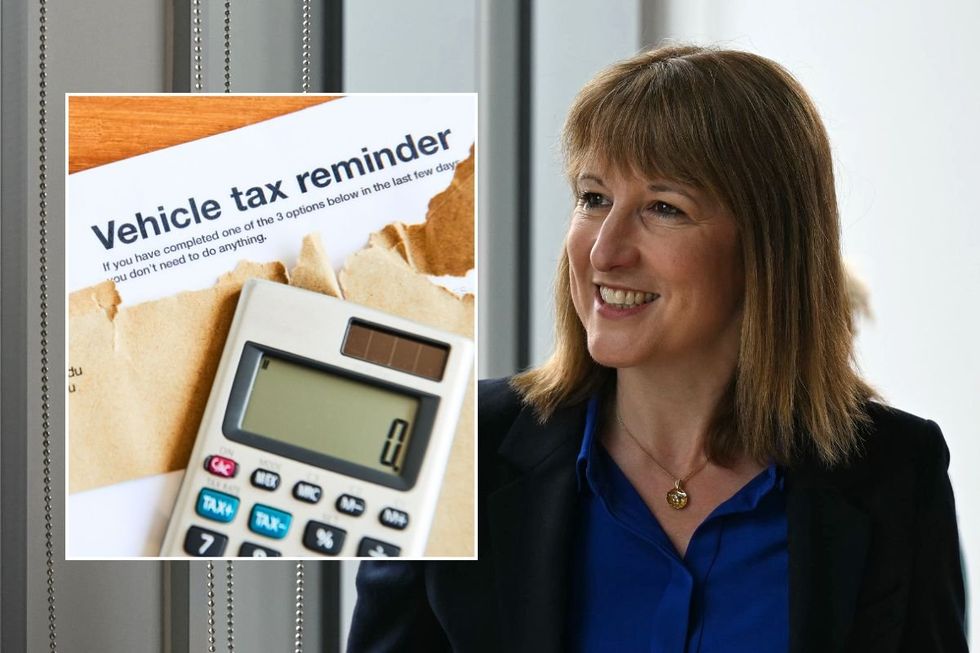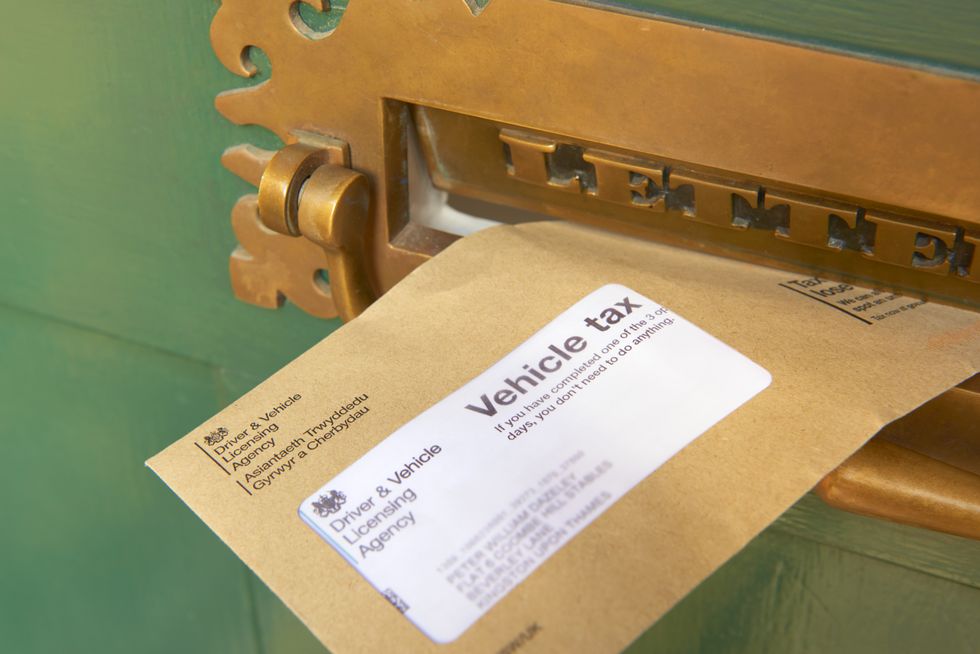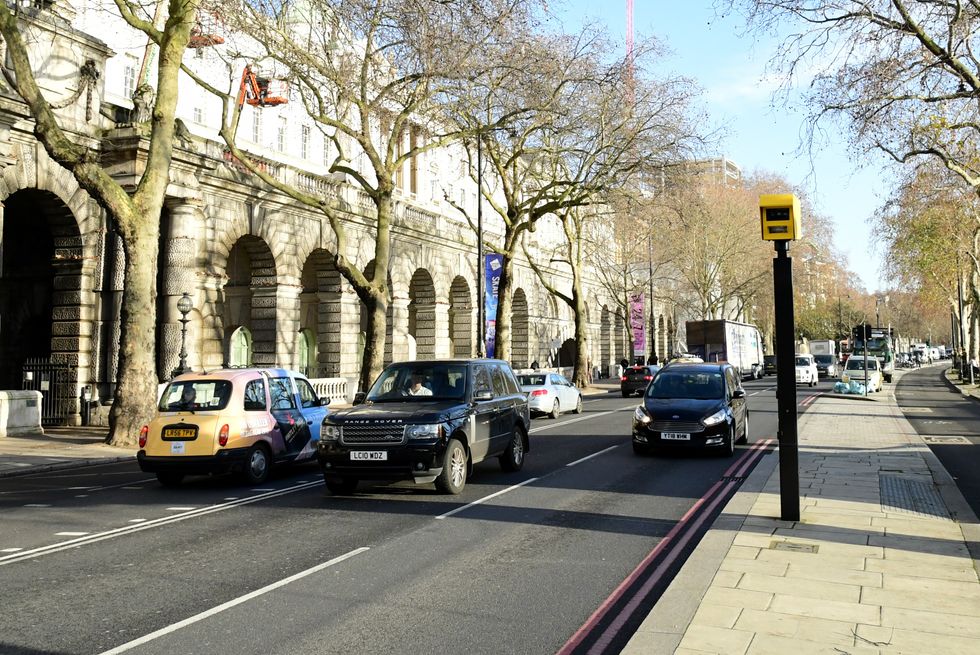Rachel Reeves’ upcoming pay-per-mile car tax changes could hit millions of drivers with annual costs and risks, “sending all the wrong signals”.
The car tax overhaul is expected to be unveiled this month at the Autumn Budget and will require EV owners to estimate their annual mileage and pay accordingly through Vehicle Excise Duty.
The Treasury expects around six million electric vehicle owners to be affected by the levy, with hybrid drivers also contributing at lower rates.
Typical motorists could see their annual costs rise by roughly £250, with experts explaining that by 2031, the Government anticipates the scheme will raise around £1.8billion.
But Paul Holland, Managing Director for UK/ANZ Fleet at Corpay, warned that the move risks “sending all the wrong signals” at a crucial moment for Britain’s green transport ambitions.
He said the policy, while potentially a quick fix for Treasury revenue shortfalls, could stall progress in electric vehicle adoption.
“The Government can’t ask drivers and fleets to go electric, then punish them for doing so,” Mr Holland stated.
He added that higher operating costs for electric vehicles may encourage both private motorists and commercial operators to delay switching away from petrol.
Maintaining incentives, he said, is key to safeguarding the sector’s long-term growth.

Under the proposed system, EV owners would declare their expected annual mileage when paying Vehicle Excise Duty.
Drivers covering fewer miles than predicted would receive credits, while those exceeding estimates would pay additional fees.
The new tax measures would be overseen by the DVLA, which will use Automatic Number Plate Recognition cameras and patrol officers to enforce compliance.
The Treasury reportedly argued that the charge is necessary to offset declining fuel duty revenue, projected to fall by £12billion by 2040 as more drivers move to electric vehicles.
LATEST DEVELOPMENTS
- Petrol and diesel drivers face ‘breaking point’ if Rachel Reeves axes fuel duty freeze in Budget
- Rachel Reeves’ pay-per-mile car tax plans spark questions around ‘mandatory black boxes’
- Major British car brand could delay electric-only plans amid strong demand for petrol hybrids

Ministers plan to frame the policy as a fairness measure, pointing out that petrol drivers currently contribute around £600 a year in fuel duty, roughly 6p per mile.
However, the proposals have faced criticism from motoring groups, with Edmund King, president of the AA, describing the levy as potentially “a poll tax on wheels.”
He warned that announcing the charge three years ahead of implementation could discourage people from buying electric vehicles in the meantime.
Political opposition was swift, with Sir Mel Stride, Conservative shadow chancellor, stating that the move adds to the burden on families already struggling with the cost of living.
Industry voices echoed concerns about timing and impact, with Paul Barker, editor at Auto Express, saying that while replacing lost fuel duty income is unavoidable, the new system must avoid discouraging EV adoption.

He suggested removing VAT on public charging points to help offset costs.
However, Rhydian Jones from Confused.com noted that low-mileage drivers could benefit, but rural residents and commuters might face higher bills.
He predicted the policy could fundamentally reshape motoring costs across the country, potentially accelerating electric car adoption among cost-conscious drivers seeking long-term savings.
With the Budget looming, the Government faces a delicate balancing act: securing revenue while maintaining momentum towards a greener transport future.
How drivers respond could determine whether Britain’s transition to electric vehicles continues smoothly—or slows under new financial pressures.
Our Standards:
The GB News Editorial Charter







Follow